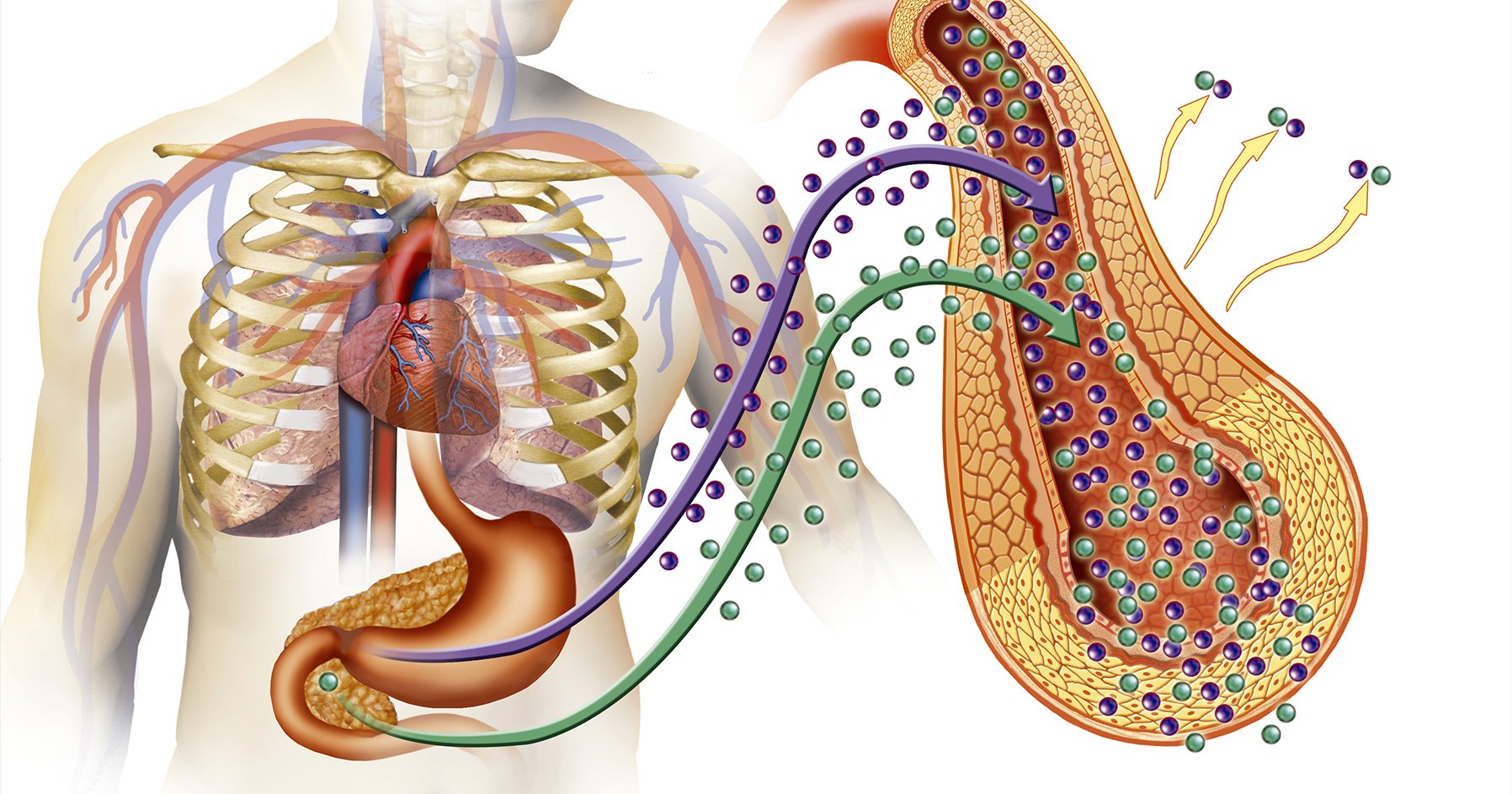Rise by Six: Your Daily Dose of Inspiration
Explore insights and stories that elevate your day.
Sugar Rush or Sweet Confusion?
Discover the sweet truth behind sugar cravings—are you in for a rush or just confused? Unravel the mystery today!
Exploring the Science Behind Sugar Cravings: What Your Body is Telling You
Exploring the Science Behind Sugar Cravings reveals the intricate relationship between our body and its desire for sugary foods. Cravings for sugar are often driven by biochemical processes that signal our brain to seek out quick sources of energy. When you consume sugar, your body releases dopamine, a neurotransmitter associated with pleasure and reward. This makes sugar not only a source of energy but also a way for your body to communicate its needs. For example, when you skip meals or experience stress, your blood sugar levels may drop, triggering a craving for quick energy sources like sweets.
Understanding what your body is telling you can help manage these sugar cravings more effectively. Inadequate nutrition, hormonal changes, and even emotional triggers can exacerbate your desire for sugary snacks. Therefore, it's essential to identify these patterns. Implementing strategies such as balanced meals, regular exercise, and mindfulness can help regulate your cravings. Moreover, opting for natural sweeteners and whole foods can satisfy your sweet tooth while providing the necessary nutrients, aiding in the reduction of those intense cravings.

Sweet Confusion: Unpacking the Myths and Facts About Sugar
The topic of sugar often induces sweet confusion among health enthusiasts and casual consumers alike. Many myths surrounding sugar swirl in our daily conversations, leading to misconceptions about its effects on health. For instance, while it's commonly believed that sugar is the primary culprit behind obesity and diabetes, it’s essential to note that the source and quantity of sugar consumed play a crucial role. Naturally occurring sugars in fruits and dairy products provide essential nutrients and are vastly different from added sugars found in processed foods.
Furthermore, it’s vital to distinguish between different types of sugar. Refined sugars, such as those found in soda and candy, can lead to health issues when consumed in excess. However, complex carbohydrates found in whole grains release sugar slowly into the bloodstream, providing sustained energy. To unpack the myths, consumers should aim for a balanced perspective: moderation is key. In summary, understanding the facts behind sugar and making informed dietary choices can lead to a healthier lifestyle, free from the sweet confusion often associated with this essential ingredient.
Sugar Rush or Sugar Crash? Understanding the Effects of Sugary Treats on Energy Levels
Many of us have experienced the euphoric feelings that accompany a sugar rush, often stemming from indulging in our favorite sugary treats. This initial spike in energy can be attributed to the rapid absorption of sugar into the bloodstream, causing our bodies to release a surge of insulin. As a result, we feel invigorated and more alert, ready to tackle tasks or enjoy social activities. However, it's important to recognize that this burst of energy is typically short-lived, leading us to wonder whether this quick boost is worth the potential fallout.
Following the initial excitement of a sugar rush, many individuals soon experience what is commonly referred to as a sugar crash. This occurs when blood sugar levels drop dramatically after the insulin surge, often leading to feelings of fatigue, irritability, and a strong craving for more sugar. To avoid this cycle, consider opting for complex carbohydrates or healthier alternatives that provide a slower release of energy. By understanding the effects of sugary treats on our energy levels, we can make more informed choices and maintain a more stable state of well-being.